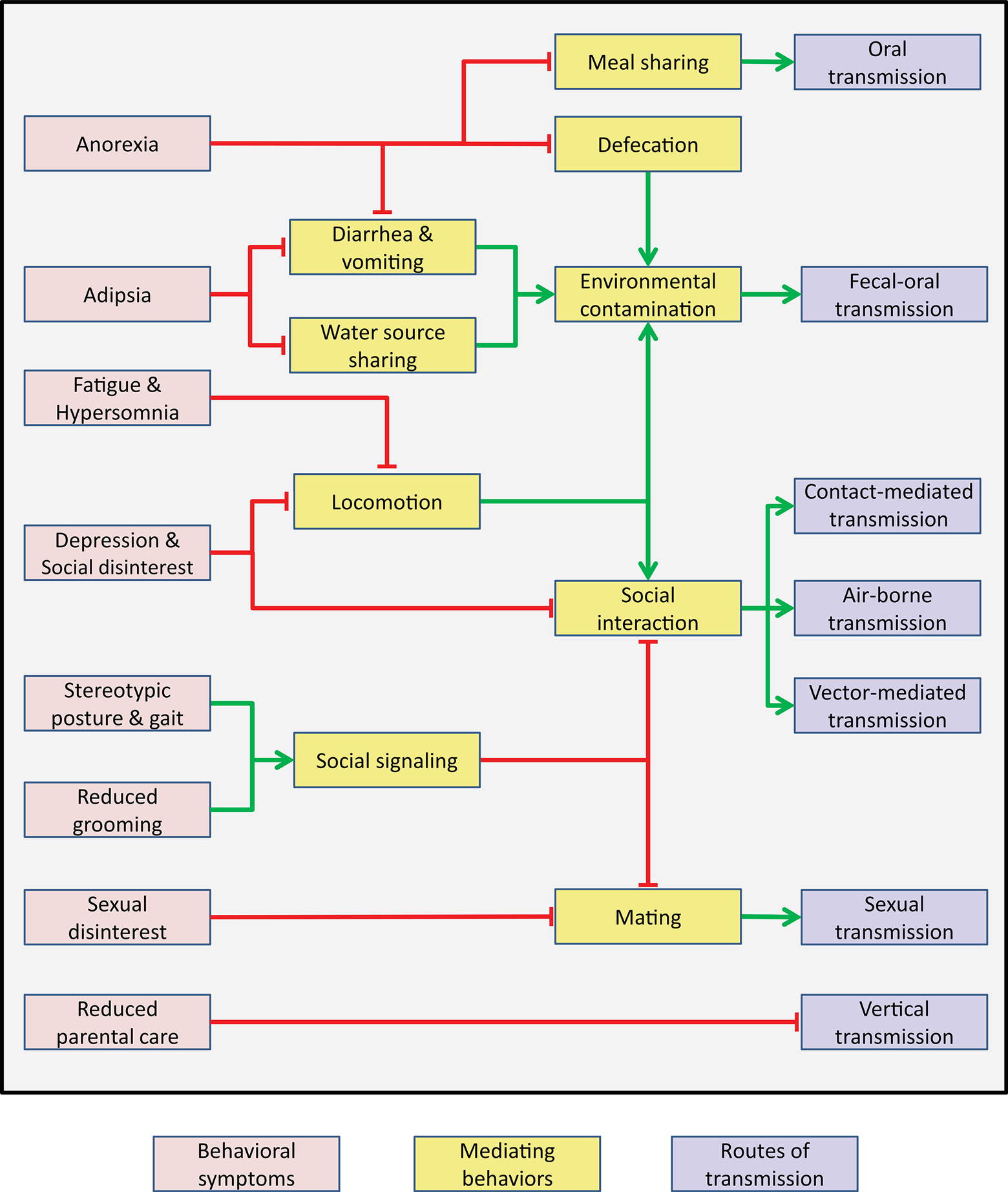Manganus
Established Member (Voting Rights)
How to explain the evolutionary advantages of Sickness Behavior.
This article is from 2015. Maybe the scientific frontier has advanced since. Anyone knows?
Anyway: I'm a bit impressed.
Source: https://journals.plos.org/plosbiology/article?id=10.1371/journal.pbio.1002276

This article is from 2015. Maybe the scientific frontier has advanced since. Anyone knows?
Anyway: I'm a bit impressed.
Source: https://journals.plos.org/plosbiology/article?id=10.1371/journal.pbio.1002276
